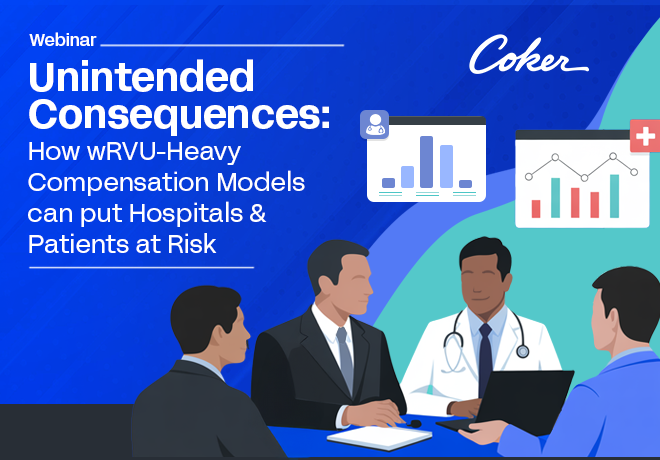

H.R.1 and Financial Modeling: Preparing Hospitals for Medicaid Margin Shifts
H.R.1 introduces new Medicaid work and community engagement requirements that could reshape hospital financial performance. Modeling from the Commonwealth Fund projects that hospital operating margins could decline by 11.7 to 13.3 percent on average, with rural and safety-net hospitals experiencing the sharpest impacts. For consultants, valuation teams, and strategy officers, H.R.1 creates an urgent need for advanced financial modeling and scenario planning.
Quantifying the Financial Impact
Scenario modeling is critical under H.R.1. Hospitals must evaluate multiple outcome paths to understand how reimbursement changes, uncompensated care increases, and service line shifts will affect their bottom line. Stress testing models against worst-case and moderate scenarios will allow leaders to prepare realistic contingency plans.
Compliance and Documentation Risks
Compliance cannot be treated as an afterthought. H.R.1 heightens the importance of fair market value diligence and contract documentation. Hospitals that fail to prioritize these areas may expose themselves to regulatory penalties. With this in mind, consultants should incorporate compliance metrics directly into valuation models to align financial planning with regulatory guardrails.
Strategic Levers Under H.R.1
Beyond compliance, H.R.1 may act as a catalyst for strategic rebalancing. Organizations should model the financial impact of:
- Adjusting payer mix and renegotiating contracts
- Accelerating value-based care adoption
- Optimizing workforce productivity under tighter constraints
- Exploring modular growth strategies with lower capital intensity
Data-Driven Decision Making
Leadership teams must combine financial and community health data to guide H.R.1 readiness. By linking quantitative margin modeling with qualitative insights from local populations, organizations can prioritize investments, protect mission-critical services, and maintain access in vulnerable markets.
Conclusion
H.R.1 presents real risks, but hospitals and health systems can mitigate negative impacts and strengthen their positioning with the right modeling tools and data-driven insights. For consultants and advisors, this is the moment to guide clients with practical financial scenarios, compliance readiness frameworks, and growth-oriented strategies.

